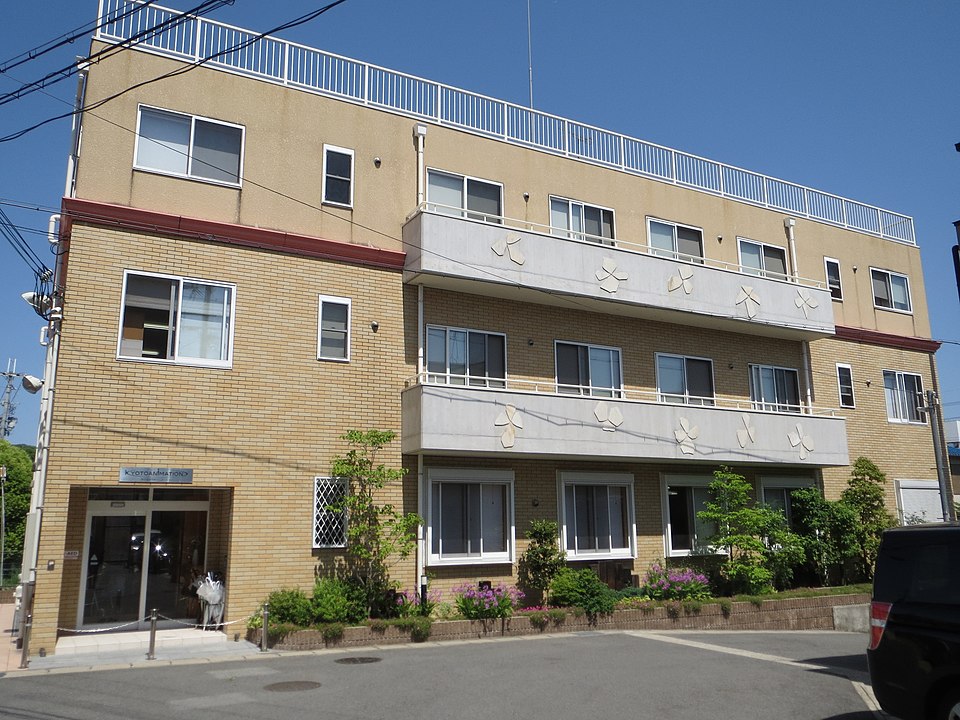
TOKYO — It may not be as famous as Japanese anime legend Studio Ghibli, but Kyoto Animation has many core fans and is known as a team of skilled animators that provides top-quality work for others and can produce its own hits, such as “Lucky Star,” “K-On!” and the “Haruhi Suzumiya” series.
The company hit by a deadly fire on Thursday also has a unique founding history.
The company was started in 1981 by a former animator who recruited housewives from her neighbourhood in Uji city south of Kyoto, where she married and moved from Tokyo, the centre of the animation industry.
Yoko Hatta previously had worked at Mushi Production, a studio for the works of anime legend Osamu Tezuka, who created Astro Boy and Kimba the White Lion.
The company better known as KyoAni doesn’t have a major presence in Japan but has won gradual recognition while providing secondary animation work for major productions. Their work included a 1998 “Pokemon” feature that appeared in U.S. theatres and a “Winnie the Pooh” video.
While providing work for top artists, the company has been able to make and feature its own stories in Japanese TV anime and comic series. Some of its mega-hits include “Lucky Star” in 2008, “K-On!” in 2011 and “Haruhi Suzumiya” in 2009. The company was preparing for a planned release of a new feature animation film “Violet Evergarden,” a story of a woman who professionally writes letters for clients.
Places featured in the hit animation stories have become pilgrimage destinations for anime fans.
Among them is Washinoniya Jinja, a shrine in Saitama prefecture just north of Tokyo, a scene in the TV animation series “Lucky Star,” or “Raki Suta,” based on comics by Kagami Yoshimizu.
Years after the TV animation ended, the area still attracts fans of Raki Suta girls, with goods featuring the characters sold at its neighbourhood stores, and a portable shrine decorated with the anime characters appearing at an annual festival in September.
Ryusuke Hikawa, a pop culture expert at Meiji University, said Kyoto Animation became a brand name for “a general company that can provide high-quality presentation and animation,” while demonstrating its capability even away from Tokyo.
“Kyoto Animation demonstrated that a top brand can come from outside the capital,” Hikawa told an interview with NHK television. “It was a major breakthrough, and was a revolutionary change to the Japanese animation industry.”
The company’s 160 employees work at studios in Uji and Kyoto and an office in Tokyo. The company also trains aspiring animators, produces and sells novelty goods featuring its characters. A store selling such items is near the studio damaged by Thursday’s fire in which authorities say 33 people were killed.
The attack shocked animation fans across in and outside Japan. Even Prime Minister Shinzo Abe mourned for the victims as he tweeted that he was speechless at the magnitude of the damage.
Anime fans expressed anger, prayed and mourned for the victims on social media. A cloud-funding site was set up to help the company rebuild.